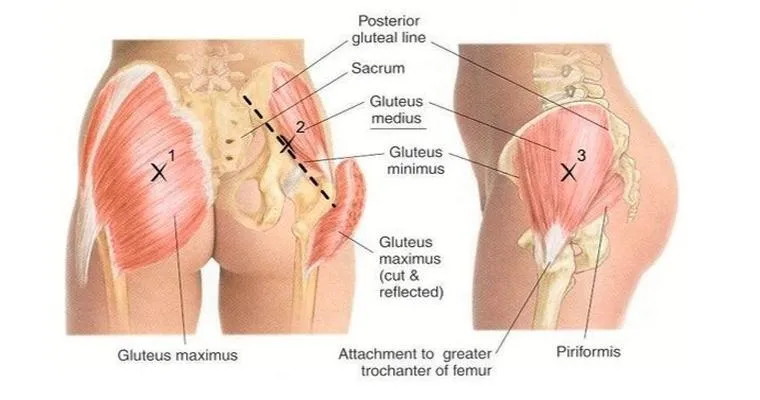As caregivers, we often face challenging decisions regarding the "well-being" of our loved ones. When considering whether to transition mom to "full time in bed", it's important to evaluate her "health", "comfort", and overall "quality of life". This decision can be influenced by various factors, including her medical condition, mobility, and emotional needs. In this article, we will explore the key considerations that can help you make an informed choice.
One of the first aspects to consider is mom's "health condition". If she is dealing with a chronic illness, recovery from surgery, or mobility issues, spending more time in bed may seem like a practical solution. However, extended bed rest can sometimes lead to complications such as "muscle atrophy", "pressure sores", and a decline in "mental health". Therefore, it is crucial to consult with her healthcare provider to understand the implications of such a transition.
Another significant factor is mom's "comfort". Many seniors find it challenging to get out of bed due to physical limitations. If she expresses a desire to remain in bed and feels more comfortable there, that could indicate that this transition might be beneficial. You can enhance her comfort by providing supportive bedding, pillows, and necessary medical equipment to ensure she has a good quality of sleep and rest.
Emotional well-being also plays a critical role in the decision. Social interaction and mental stimulation are essential for seniors. If transitioning to full time in bed means isolating her from family and friends, it could negatively impact her "mental health". Consider incorporating ways to maintain her social connections, such as video calls, visits, or even having family members spend time with her in her room.
Additionally, think about her daily "activities". Encourage small movements and regular changes in position to prevent complications associated with prolonged bed rest. Simple exercises and stretching can help maintain her mobility and overall health. It might also be beneficial to set up a space where she can engage in hobbies or interests, such as reading or crafting, while still being in bed.
Lastly, assess the "support system" you have in place. Transitioning mom to full time in bed may require additional help, whether from family members or professional caregivers. Ensure that you have the necessary resources to provide the care she needs, including assistance with daily activities, medical support, and emotional companionship.
In conclusion, the decision to transition mom to full time in bed should be made with careful consideration of her health, comfort, emotional well-being, daily activities, and support system. By addressing these factors, you can help ensure that she maintains the best possible quality of life, whether in bed or out. Remember, open communication with her healthcare provider and family members is key to making the right choice for her unique situation.





